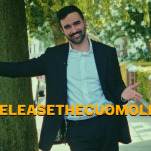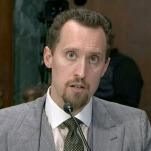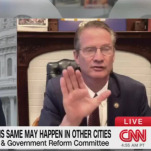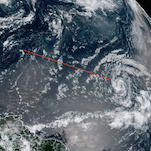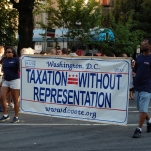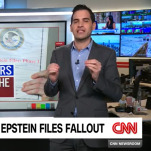Could the Fight for Net Neutrality Become SOPA 2.0?
The largest coordinated Internet protest in history helped bring down the Stop Online Privacy Act (SOPA) and the Protect IP Act (PIPA) in 2012. Today, online companies and advocates are attempting to duplicate that effort to help save net neutrality, the principle that all Internet traffic should be treated the same.
Two years ago, a conglomerate of the biggest companies on the Internet, ranging from Wikipedia to Google and Reddit, blocked access to their own sites for a day to protest SOPA and PIPA. The protest was designed to simulate the kind of black out that the proposed legislation would allow the U.S. government to impose on sites that were accused of unlawfully hosting or distributing copyrighted content.
The tactic worked, the demonstration grabbed the attention of the general public and lawmakers alike, and the effort eventually led to the proposed laws being scrapped by Congress.
Last week, the Wall Street Journal reported that a similar group of large and influential companies is gearing up to combat the FCC’s new rules that some say would effectively end net neutrality.
The proposed rules, which are being rewritten because a federal appeals court struck down the previous Open Internet Rules, would may allow service providers more power to decide which sites move faster than others. Commissioners will vote on the new rules on May 15.
“What so many of us fear, if we lose net neutrality, is that the best ideas might not win because they’re the best,” Reddit co-founder Alexis Ohanian told the Journal. “The incumbents may stay on top because they’ve cut deals with this oligopoly.”
-

-

-

-

-

-

-

-

-

-

-

-

-

-

-

-

-

-

-

-

-

-

-

-

-

-

-

-

-

-

-

-

-

-

-

-

-

-

-

-

-

-

-

-

-

-

-

-

-

-

-

-

-

-

-

-

-

-

-

-

-

-

-

-

-

-

-

-

-

-

-

-

-

-

-

-

-

-

-

-

-

-

-

-

-

-

-

-

-

-

-

-

-

-

-

-

-

-

-

-

-

-

-

-

-

-

-

-




































































































